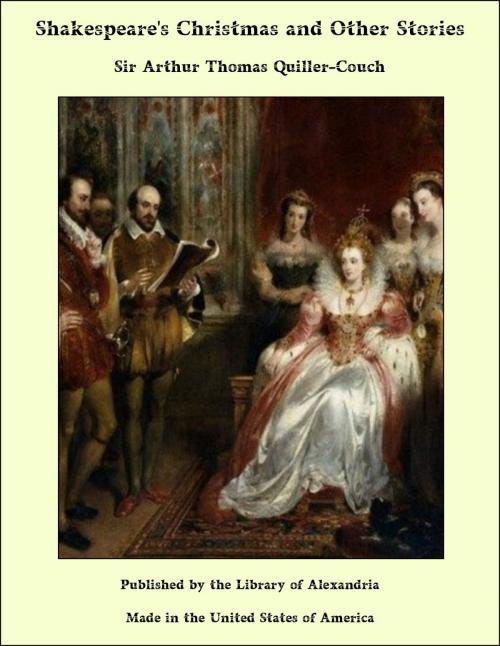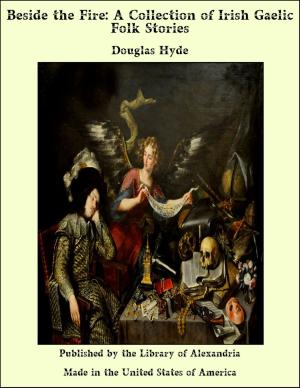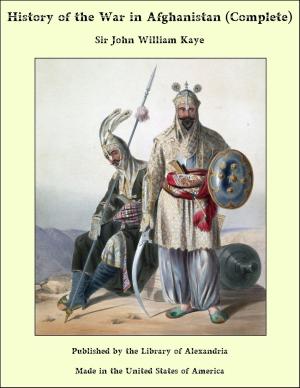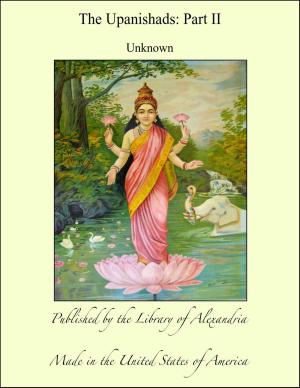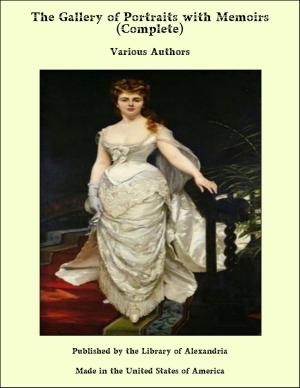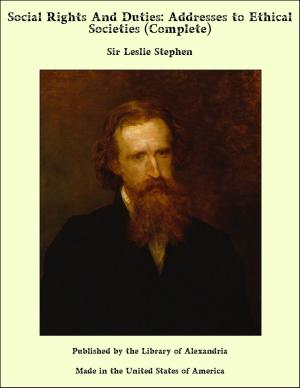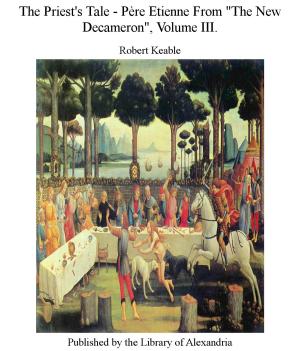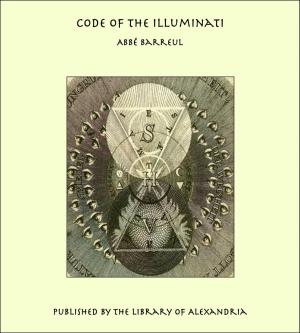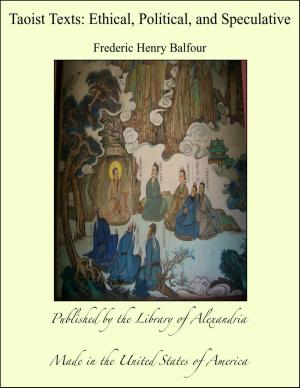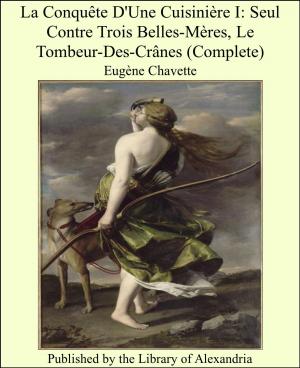Shakespeare's Christmas and Other Stories
Nonfiction, Religion & Spirituality, New Age, History, Fiction & Literature| Author: | Sir Arthur Thomas Quiller-Couch | ISBN: | 9781465614704 |
| Publisher: | Library of Alexandria | Publication: | March 8, 2015 |
| Imprint: | Language: | English |
| Author: | Sir Arthur Thomas Quiller-Couch |
| ISBN: | 9781465614704 |
| Publisher: | Library of Alexandria |
| Publication: | March 8, 2015 |
| Imprint: | |
| Language: | English |
The pace of the performance (it had begun at one o'clock) dragged sensibly with all this, and midway in Act IV., as the edge of a grey river-fog overlapped and settled gradually upon the well of the unroofed theatre, voices began to cough and call for lanterns. Two lackeys ran with a dozen. Some they hung from the balcony at the back, others they disposed along both sides of the stage, in front of the sixpenny stools, the audience all the while chaffing them by their Christian names and affectionately pelting them with nuts. Still the fog gathered, until the lantern-rays criss-crossed the stage in separate shafts, and among them the actors moved through Act V. in a luminous haze, their figures looming large, their voices muffled and incredibly remote. An idle apprentice, seated on the right of the cutpurse, began for a game to stop and unstop his ears. This gave the cutpurse an opportunity to search his pockets. Cantat vacuus: the apprentice felt him at it and went on with his game. Whenever he stopped his ears the steaming breath of the players reminded him of the painted figures he had seen carried in my Lord Mayor's Show, with labels issuing from their mouths. He had stopped his ears during the scene of King Henry's reconciliation with Chief Justice Gascoigne, and unstopped them eagerly again when his old friends reappeared—Falstaff and Bardolph and Pistol, all agog and hurrying, hot-foot, boot-and-saddle, to salute the rising sun of favour. "Welcome these pleasant days!" He stamped and clapped, following his neighbours' lead, and also because his feet and hands were cold. Eh? What was the matter? Surely the fog had taken hold of the rogues! What was happening to Mistress Quickly and Doll Tearsheet? Poor souls, they were but children: they had meant no harm. For certain this plaguy fog was infecting the play; and yet, for all the fog, the play was a play no longer, but of a sudden had become savagely real. Why was this man turning on his puppets and rending them? The worst was, they bled—not sawdust, but real blood. The apprentice cracked a nut and peeled it meditatively, with a glance along the bench. The countryman still fugled; the cutpurse cackled, with lips drawn back like a wolf's, showing his yellow teeth.
The pace of the performance (it had begun at one o'clock) dragged sensibly with all this, and midway in Act IV., as the edge of a grey river-fog overlapped and settled gradually upon the well of the unroofed theatre, voices began to cough and call for lanterns. Two lackeys ran with a dozen. Some they hung from the balcony at the back, others they disposed along both sides of the stage, in front of the sixpenny stools, the audience all the while chaffing them by their Christian names and affectionately pelting them with nuts. Still the fog gathered, until the lantern-rays criss-crossed the stage in separate shafts, and among them the actors moved through Act V. in a luminous haze, their figures looming large, their voices muffled and incredibly remote. An idle apprentice, seated on the right of the cutpurse, began for a game to stop and unstop his ears. This gave the cutpurse an opportunity to search his pockets. Cantat vacuus: the apprentice felt him at it and went on with his game. Whenever he stopped his ears the steaming breath of the players reminded him of the painted figures he had seen carried in my Lord Mayor's Show, with labels issuing from their mouths. He had stopped his ears during the scene of King Henry's reconciliation with Chief Justice Gascoigne, and unstopped them eagerly again when his old friends reappeared—Falstaff and Bardolph and Pistol, all agog and hurrying, hot-foot, boot-and-saddle, to salute the rising sun of favour. "Welcome these pleasant days!" He stamped and clapped, following his neighbours' lead, and also because his feet and hands were cold. Eh? What was the matter? Surely the fog had taken hold of the rogues! What was happening to Mistress Quickly and Doll Tearsheet? Poor souls, they were but children: they had meant no harm. For certain this plaguy fog was infecting the play; and yet, for all the fog, the play was a play no longer, but of a sudden had become savagely real. Why was this man turning on his puppets and rending them? The worst was, they bled—not sawdust, but real blood. The apprentice cracked a nut and peeled it meditatively, with a glance along the bench. The countryman still fugled; the cutpurse cackled, with lips drawn back like a wolf's, showing his yellow teeth.
